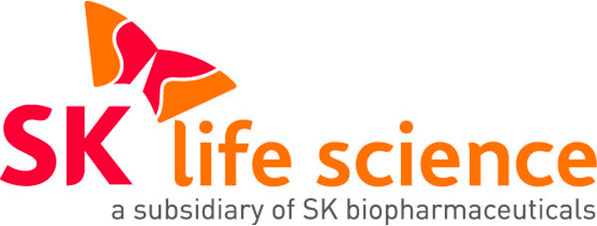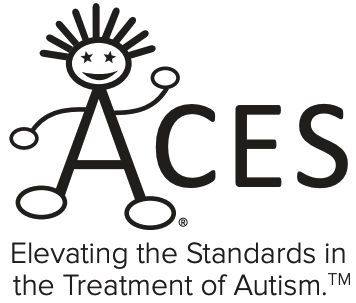March 12, 2017
The Sunday Tribune
Jim Walsh
Kate Noll, 29, was isolated and depressed when she first moved to Arizona with her family, before her
mother discovered her lifeline: east Mesa’s Marc Community Resources.
Cheryl Noll said developmentally disabled people like Kate thrive on structure and a sense of purpose. Kate had neither during her first three months in the East Valley. She became irrational. Her eating and sleeping habits changed.
That’s why Noll and other parents of developmentally disabled children, who are now adults, are worried about whether an increase in the Arizona minimum wage will
have the unintended consequence of shutting down or curtailing the day treatment programs that developmentally disabled people need.
“If I had Kate at home all day, I would be at home,” Cheryl Noll said, forcing her to give up her job. “We would lose our (health) insurance, we would lose our home.
“Kate would be miserable. It is invaluable to us. It’s our lifeline.”
Like most parents of developmentally disabled children, David Hardaway of Chandler wondered where his daughter, Jennifer, 23, would go after she “timed out” in the public education system at age 21.
Hardaway is not alone. Arizona has 35,000 developmentally disabled persons in its Medicaid program.














